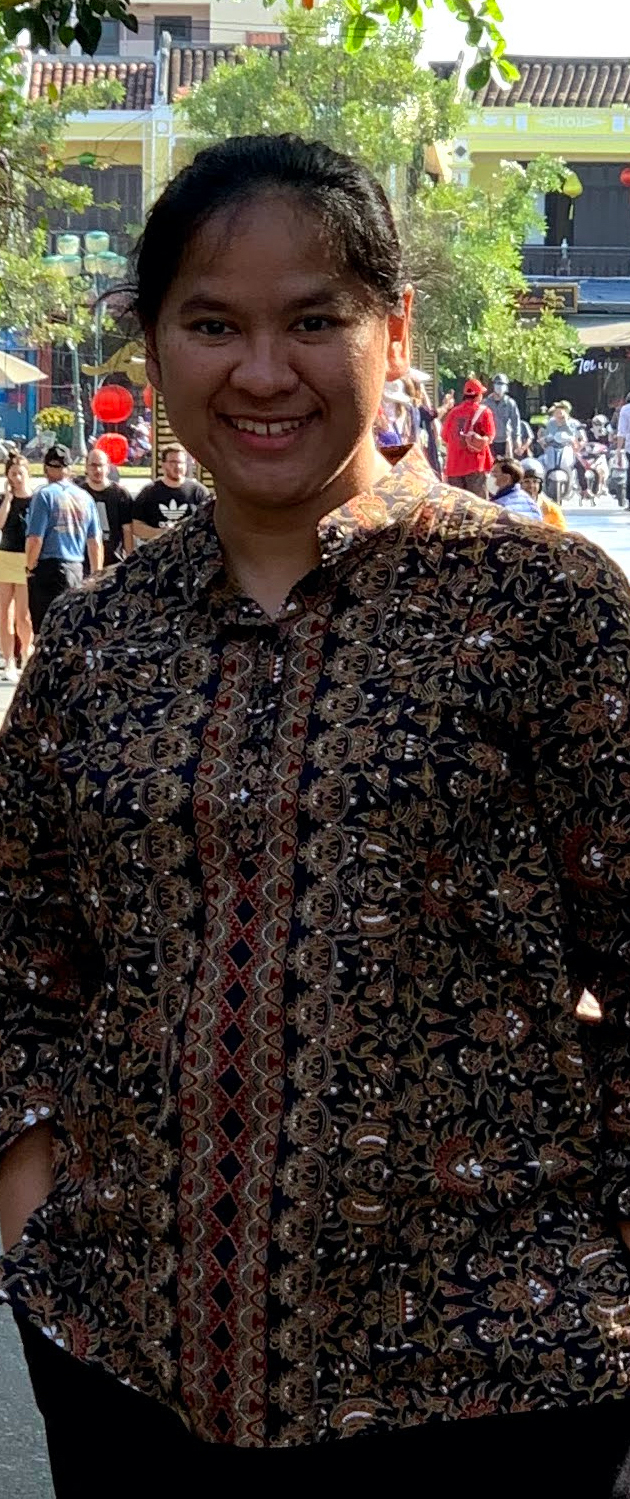

Day 3Friday 30 July 2021, 14:35
Reconnecting with History, Rural Communities and Other Sources - Specific to Performing in the Pandemic and Change in Urban vs Rural/Outpost Connectivity: Case Study of Phra Phrom Erawan in Bangkok
"Phra Phrom Erawan - พระพรหมเอราวัณ", which is also known as "Erawan Shrine" or "Four Faced Buddha", has been long respected by Thai and international worshippers from China, Hong Kong, Taiwan, Singapore, and Malaysia.
The shrine regularly features traditional performances by Thai performers who are hired by worshippers in return for seeing their prayers answered at the shrine. This is called "Ram Kae Bon - รำแก้บน".
According to the Bangkok Metropolitan’s website, "Phra Phrom Erawan" was built in 1956 referring to the advice of an astrologer to encounter negative influences caused by laying the foundations of the government-owned Erawan Hotel on the wrong date. The hotel's construction was delayed by a series of mishaps, including cost overruns, injuries to laborers, and the loss of a shipload of Italian marble intended for the building. Furthermore, the Ratchaprasong intersection had once been used to put criminals on public display. The Brahma statue was designed and built by the Department of Fine Arts and enshrined on 9 November 1956. The hotel's construction thereafter proceeded without further incident. In 1987, the hotel was demolished and the site used for the Grand Hyatt Erawan Hotel.
"Phra Phrom - พระพรหม" is regarded as the deity of good fortune and protection according to the Buddhist cosmology. It is widely believed that "Phra Phrom" admires Thai classical music and dance as an offering. That’s the reason why "Ram Kae Bon - รำแก้บน" has always been considered a good business at this shrine.
Since late January 2020 that COVID-19 hit hard globally including Thailand, number of local and international worshippers has been decreasing gradually due to traveling restrictions and social distancing policy which reflects in the performers' income.
In this project, interviewing how those performers have been affected badly from COVID-19 and how they adapted and adjusted their lives and careers will be presented. Expectations from the government to support professions in arts and culture will also be discussed.

Dr Paphutsorn began to learn Thai dance at the age of five and Thai music two years later from well-known national artists at the Royal Palace "Ban Plai Noen" in Bangkok. She received her bachelor’s degree in Thai classical music from Chulalongkorn University, Thailand and her Master Degree and PhD in Ethnomusicology from School of Oriental and African Studies, University of London in UK.
In 2008 Dr Paphutsorn founded the Absolutely Thai Company Limited– the first Thai performing arts company in Singapore. Apart from specialising in Thai performing arts, the company also teaches all kinds of traditional performing arts in Southeast Asia. The main aim of the company is to create harmony and unity among countries and to encourage a fuller understanding of cultural differences among students and the younger generations.
Apart from her work as Creative Director of Absolutely Thai, Dr.Paphutsorn is also an educator who has been invited as guest lecturer in traditional music and dance at various educational institutions; such as National University of Singapore, University of Ljubljana in Slovenia, University of Oslo in Norway, Institut Seni Budaya Indonesia Bandung, ASWARA - National Academy of Arts Culture and Heritage in Malaysia, Central Conservatory of Music in China, among others.